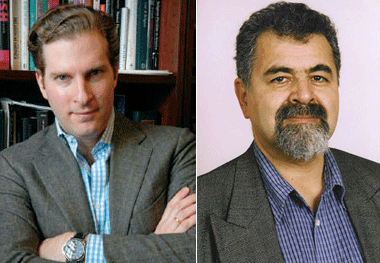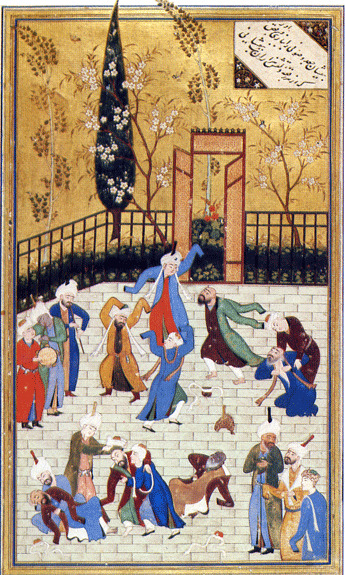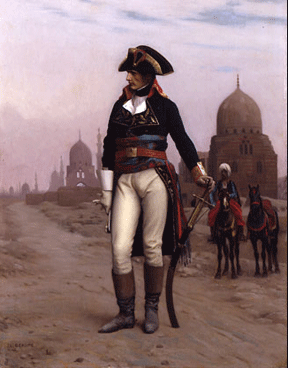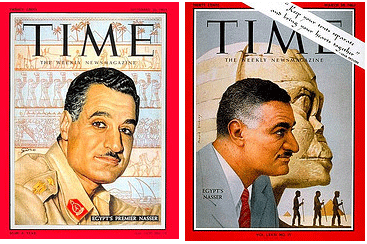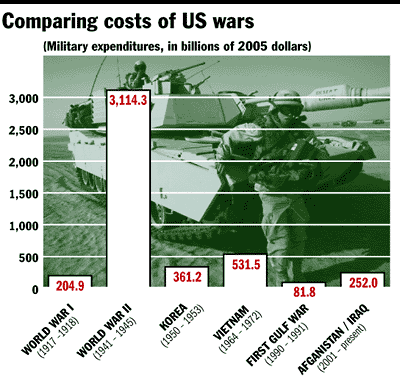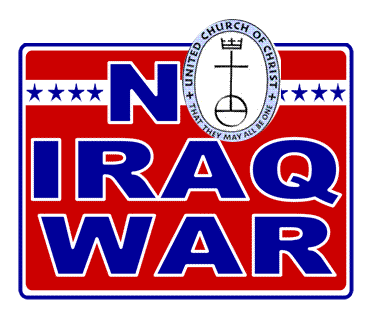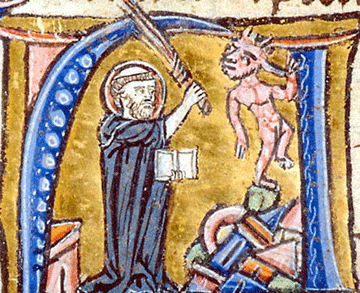
“Augustine of Hippo Refuting Heretic,†(Illuminated manuscript, thirteenth century, from Morgan Library, New York, M. 92, ©Morgan Library)
The history of Islam, like that of any religion, is littered with heretics. When you start with a divine revelation, revealed only in an Arabic dialect understandable to a seventh century illiterate Prophet alone in a cave with an archangel, add a cult of personality adoration for this Prophet and then acknowledge a cycle of violence and assassinations within the emerging Muslim community, heresy is inevitable. So who were the heretics over the fourteen centuries of the Islamic ummah? In a sense, everybody. Certainly every single sect calling itself Muslim has been attacked by some other sect. It is not just the majority Sunni vs. the marginalized Shi’a, nor the rational Mutazilites vs. the hardline literalists, nor the Arabs vs. the non-Arab converts, nor the trained clerics vs. the itinerant dervishes, nor simply the women-can’t drive Wahhabis of Saudi Arabia, the Buddha-bashing Taliban or those brave souls who pursue Queer Jihad. Simply put, the heretic is the person who does not take your truth as his or her own. Continue reading Who’s a Muslim Heretic?
